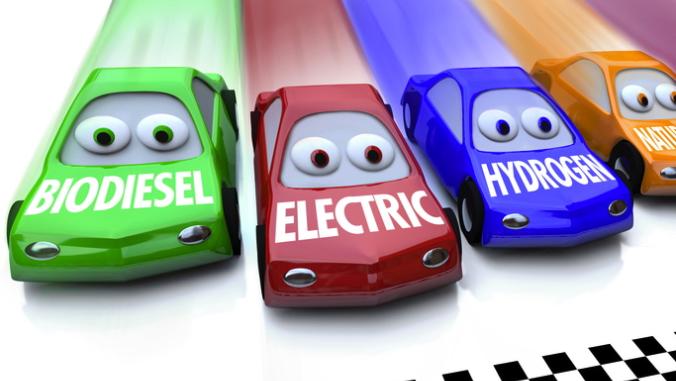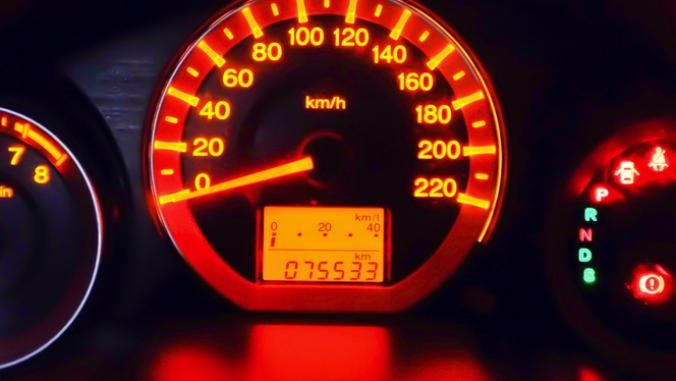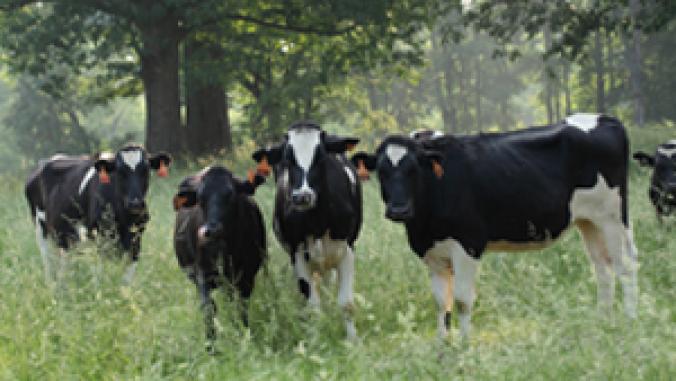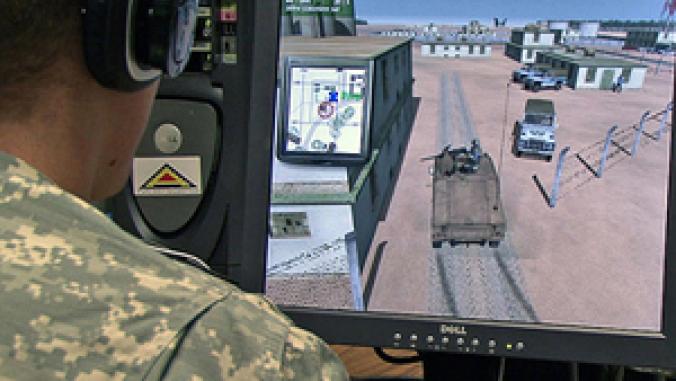Starbucks' Third Cup Summit Marks Progress, Challenges in Recycling
<p>Starbucks plugged toward its goal of making all of its cups either recyclable or reusable by 2015 with its third annual cup summit.</p>

Image CC licensed by Flickr user JoshSemans
We've been watching Starbucks' moves over the last few years as it works toward an aggressive goal of making all of those familiar coffee cups that people use once and throw away reusable or recyclable. All too often, those cups end up in a landfill.
But maybe next time you go to toss out that cup, think about Joe Burke, who works for Action Carting Environmental Services, a company in New York that is working with Starbucks to collect its used cups for recycling and turning them into a commodity for the secondary market. If consumers would take an extra second to empty out their cups before recycling, that would minimize contamination and give Burke's company a better product to sell.
"If we could get the liquids out of the cup, it would make it a much better situation for us, in terms of recycling," Burke said. "We've seen through tests if there's a little bit of liquid in there, it's not going to contaminate the whole entire bail you're sending to the mill."
Burke was one of several panelists in a live webcast that took place at Starbucks' third annual cup summit today in Boston. I tuned in to the event hosted by Jim Hanna, Starbucks' director of environmental impact. The discussion included experts from MIT, Canadian coffee chain Tim Hortons and paper giant Georgia-Pacific.
It was a good discussion that dove deep into the complexities surrounding recycling and packaging. There were lots of interesting tidbits, including these that caught my attention:
• Starbucks isn't just bringing its supply chain to the table, the company is also bringing its competitors into the loop in an attempt to find an industry-wide solution to the recycling and packaging dilemma. This was evidenced by the participation of Tim Hortons, a coffee chain operating in Canada and the U.S. East Coast, which Hanna called a "fierce competitor."
"There are folks from paper mills (here) who are fierce competitors of each other and vying for business and a piece of the puzzle," he said. "But the willingness of the system and of these competitors to come together for a common initiative is something that I think has been one of the shining achievements of this process, and essentially a model for moving forward on how to solve big issues across our industry sector."
• There may be some 4 billion Starbucks cups generated every year, but that's not a lot in the eyes of a paper company. Georgia-Pacific's paper mill in Green Bay, Wisconsin, could take in all the world's Starbucks cups but that would only make four days' worth of paper.
• A few years ago, Starbucks converted its cold cups to #5 plastic, a type of plastic that is not commonly collected for recycled. "We discovered, on the manufacturing side, by switching to polypropylene, we significantly reduce the carbon footprint of those cups by over 45 percent from the previous material," Hannah said. From a recycling perspective, "even if a plastic cup is made out of # 1 plastic, unless it's made out of a bottle-grade #1 plastic, the recycling industry generally doesn't want it and would put it into a mixed bale."
• A 10 percent cent discount for those who bring their own coffee mugs is just not enough of an incentive to get people to bring in their own cups.
• Paper fiber can be recycled as many as seven times. Starbucks cups from the Chicago area are sent to Georgia-Pacific's paper mill in Wisconsin to be turned into tissue.
• The company received just about 750 ideas from consumers through its My Starbucks Idea website. To date, about 175 customer ideas have been implemented, including the gluten-free pastries Starbucks now offers.
If anything, the cup summit shows that Starbucks is committed to its 2015 target that all cups are recyclable or reusable, although this is obviously a huge challenge. According to its most recent CSR report, just 5 percent of its stores have recycling bins for customers to use.
"It's a tough goal," Hanna acknowledged. "We only have a few years to get there."
Image CC licensed by Flickr user JoshSemans.





